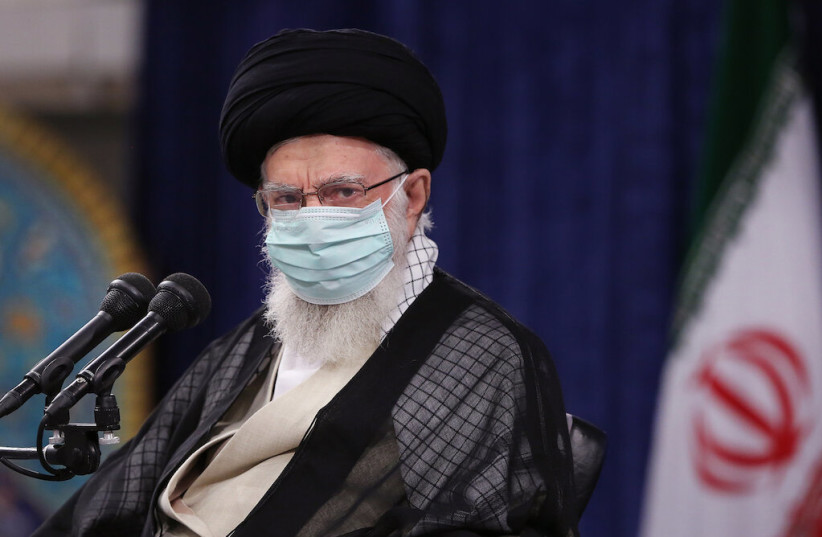US President Joe Biden’s speech on the tarmac at Ben-Gurion Airport on Wednesday was very pro-Israel, reflecting half a century of support for the Jewish state.
Biden called himself a Zionist. He talked about how learning about the Holocaust as a child instilled in him a sense of responsibility for the safety of the Jewish people. He said he is proud to preside over a US that is growing its ties with Israel.
His support for Israel goes beyond words.
The Biden administration ensured that Israel received $1 billion to replenish its Iron Dome missile-defense system after last year’s round of fighting with Gaza and – especially in recent months – has worked hard to deepen cooperation between Arab states and Israel.
Biden and Prime Minister Yair Lapid will present the Jerusalem Declaration of the US-Israel Strategic Partnership during the visit.

Biden mentioned Israeli and American cooperation on developing new missile-defense systems, on working to advance Israel’s integration into and beyond the Middle East and his support for a two-state solution, acknowledging that it won’t happen soon.
Yet, Biden’s remarks, warm though they may be, were missing something very important: Iran.
Why did Biden leave Iran out?
Ahead of Biden’s arrival, senior Israeli officials, Lapid’s closest aides and advisers, said Iran is their priority.
Though Lapid and President Isaac Herzog only gave brief remarks on the tarmac, both made sure to mention the threat from the Islamic Republic, with Lapid calling for a “global coalition to stop the Iranian nuclear program” and Herzog saying that “Iran and its proxies [are] threatening Israel and its neighbors and endangering our region.”
The four-page Jerusalem Declaration of the US-Israel Strategic Partnership includes both countries’ opposition to Iran’s nuclear program and regional aggression.
It even implicitly goes farther than Biden did in a recent Washington Post op-ed about his visit to the region. In that article, Biden said the US would increase economic and diplomatic pressure on Iran, while the declaration says the US and Israel will “use all elements of national power” – which would include military – to ensure that Iran does not obtain a nuclear weapon.
Jerusalem wants to see a military threat from Washington that will deter Tehran, and the declaration delivers in that way. Israel would also like to see the US actually move to further pressure Iran and stop allowing the Islamic Republic to draw out nuclear talks endlessly without any progress, buying itself time to race toward a nuclear weapon.
But at minimum, what the leadership of Israel and its allies in the region want to hear – and need Tehran to hear – is an acknowledgment from the president that Iran is the biggest threat they are currently facing, and that he will do something about it.
Biden and Lapid will be holding a joint press conference on Thursday, giving the president another chance to say what needs to be the top priority on his visit to Israel. If he doesn’t do so on his own, the absence will be even more glaring, and a reporter will surely question it.
